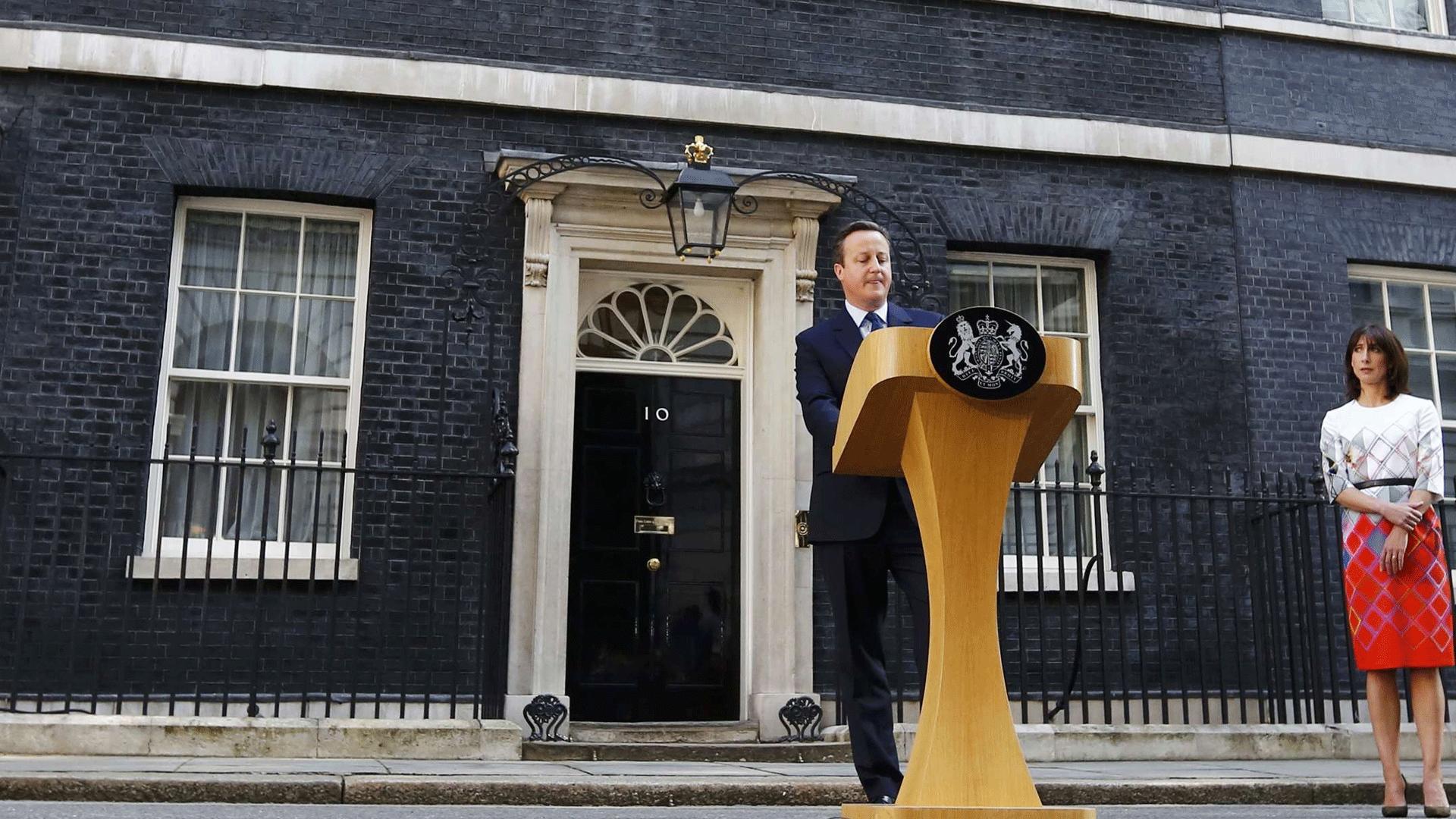EU Referendum: Business calls for stability and direction
- Published
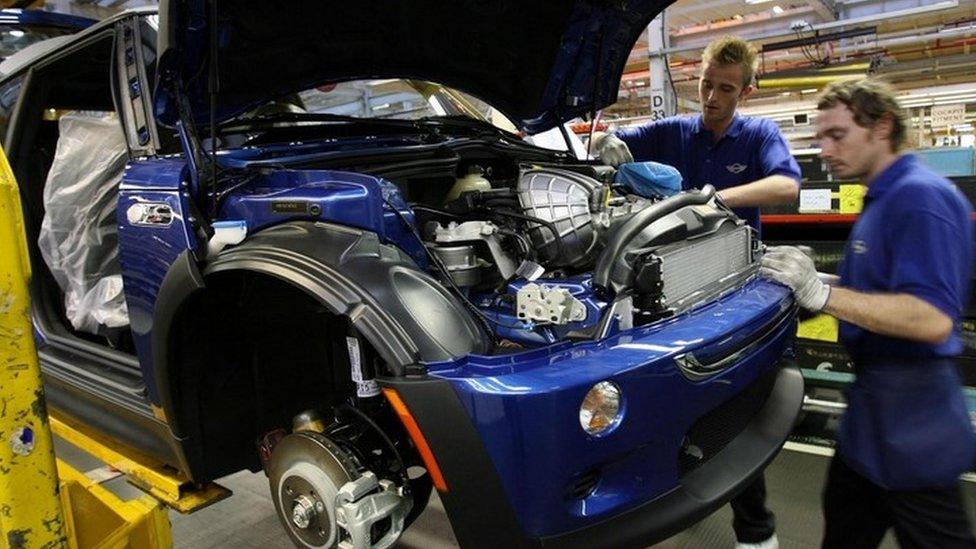
UK business groups have said there is a need to maintain "stability" to avert a shock to the economy after the referendum result.
The CBI said "the urgent priority" was to reassure the markets and for the government and Bank of England "to shore up confidence and stability".
The British Chambers of Commerce said the immediate priority was market "stability and political clarity".
Bank of England governor Mark Carney promised support for financial markets.
He said the Bank is prepared to provide £250bn to support the markets, but added that "some market and economic volatility can be expected as this process unfolds".
The chief executive of advertising giant WPP, Sir Martin Sorrell, said he was "very disappointed" at the result. "This decision will create tremendous uncertainty, which will slow economic activity and decision making."
The boss of carmaker Aston Martin, Andy Palmer, said the firm was preparing for new trade tariff barriers. "Aston Martin will now orientate its business to deliver our mid-term plan in the context of the exit and the market volatility that may exist during the period of transition."
He said an EU exit would require additional "productivity and efficiency" gains.
'Nervy time'
Simon Walker, director general of the Institute of Directors, said: "While this may not have been the result that the majority of our members wanted, Britain has voted to leave the EU, and it is now imperative that our political leaders manage the transition as smoothly as possible.
"The weeks and months ahead are going to be a nervy time for business leaders, so they need to know that the government is focused on maintaining stability while a new relationship with the EU is established."
EU Referendum results, external
What next for the world's central banks?
Dr Adam Marshall, acting director general of the British Chambers of Commerce, said that companies would now want immediate clarity about a timetable to leave the EU.
He said: "Business will also want to see a detailed plan to support the economy during the coming transition period - as confidence, investment, hiring and growth would all be deeply affected by a prolonged period of uncertainty.
"If ever there were a time to ditch the strait-jacket of fiscal rules for investment in a better business infrastructure, this is it."
'Protect jobs'
Carolyn Fairbairn, the CBI's director general, said many businesses "are used to dealing with challenge and change and we should be confident they will adapt".
"The choices we make over the coming months will affect generations to come. This is not a time for rushed decisions."
For union leaders the priority was to ensure protection of jobs. Most leading unions had campaigned to remain in the EU, although some, including those representing railway workers had backed Brexit.
TUC general secretary Frances O'Grady said: "The British people have made their views clear. As the UK prepares to leave the European Union, the first priority now is to protect jobs and defend the living standards of working people.
"The government must urgently set out a plan to defend UK industry and keep British jobs. That means defending the pound and stimulating the economy. Working people must not pay the price for the decision to leave the EU."
- Published24 June 2016
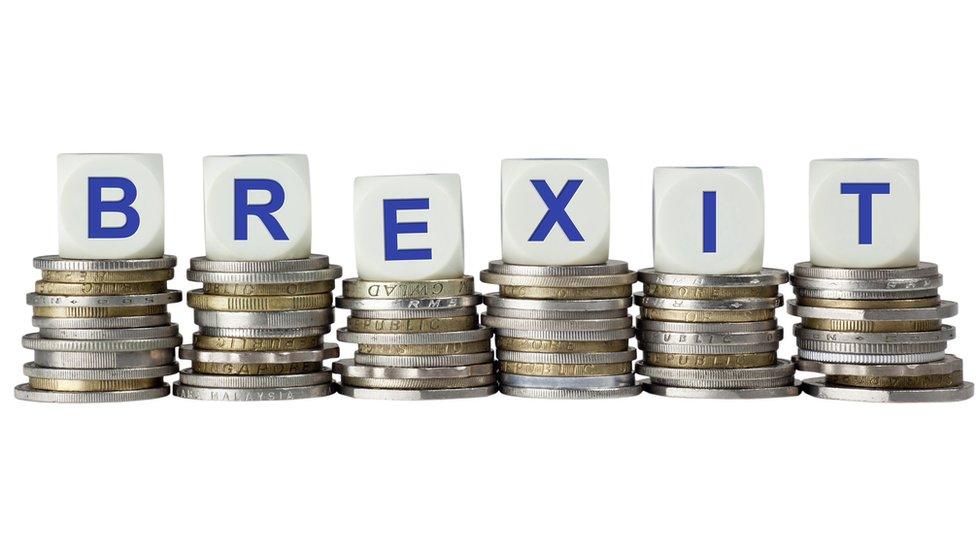
- Published24 June 2016
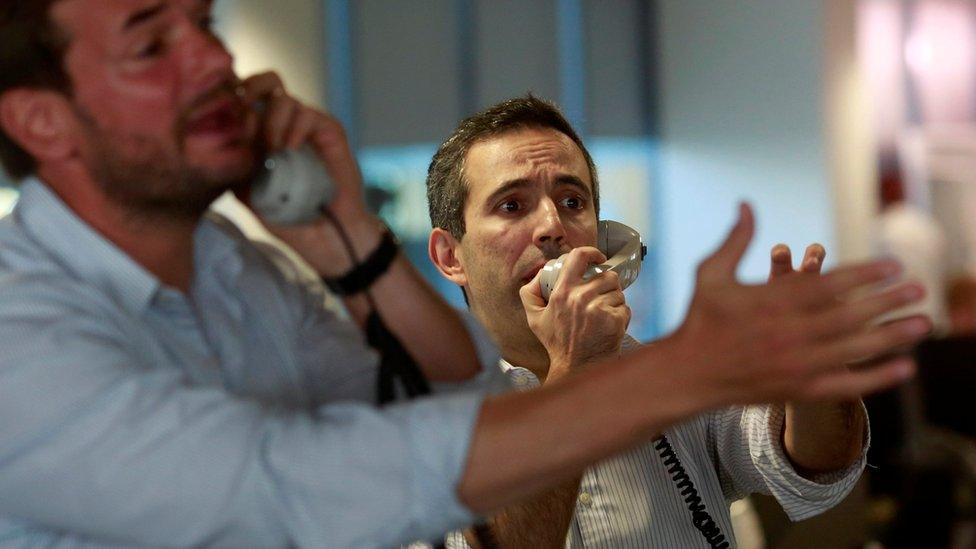
- Published24 June 2016
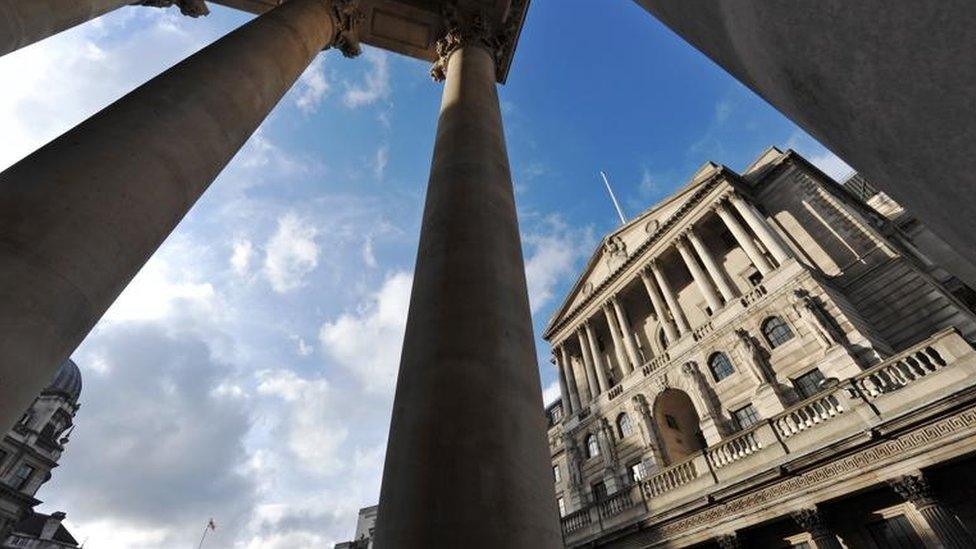
- Published24 June 2016
